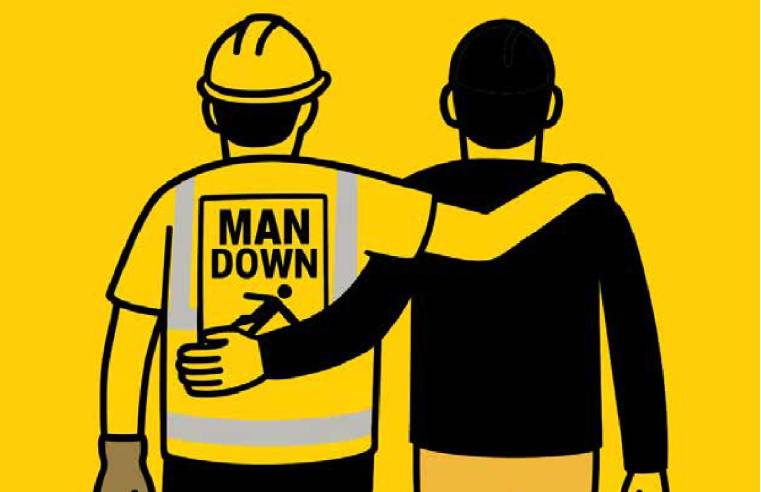The toll taken by late payment on the mental health of small business owners and staff is a national scandal, says the Building Engineering Services Association (BESA).
Construction supply chains are now in the grip of a mental health epidemic directly linked to late payment and bullying tactics.
A new survey by the Prompt Payment Directory (PPD) shows that a growing number of owners, managers and directors are suffering from panic attacks, anxiety, depression and feelings of extreme anger due to cash flow problems.
Some 48% of respondents said problems with cash flow had affected their mental health – a rise of 27% on last year. Some admitted to contemplating suicide because they were struggling to get invoices paid on time and/or in full.
The payment rating organisation surveyed 400 senior figures in small construction businesses and found that 74% had already been close to bankruptcy or liquidation this year – 30% up on the same period in 2017.
The collapse of Carillion in January, carrying £3bn in debt including £800m in retentions withheld from sub-contractors, has had a major impact, but the survey revealed that late payment practices remain common right across the industry.
Just under one third (62%) of owners said they had not been able to pay themselves for lengthy periods because of late payment, 15% had been forced to delay payment to their own staff; and 17% had cut their own pay. Others have had to raid pension pots, sell personal assets and cancel family holidays.
“Recent high profile cases, such as Carillion, have made many more people aware of the cost of late or non-payment, but in reality this has been going on for years,” said Hugh Gage, Managing Director of the PPD.
BESA believes these alarming findings should give added impetus to the ‘Aldous Bill’, which is due to receive its second reading in the House of Commons on 15th June. This seeks to amend current construction legislation to ensure retentions money held back from sub-contractors is protected from abuse in independent, ring-fenced deposit accounts.
“We have had numerous voluntary codes of conduct over the years, but none have changed this pernicious behaviour,” said BESA Chief Executive, David Frise. “This is now a national scandal and the government must legislate because the human toll is mounting.






























